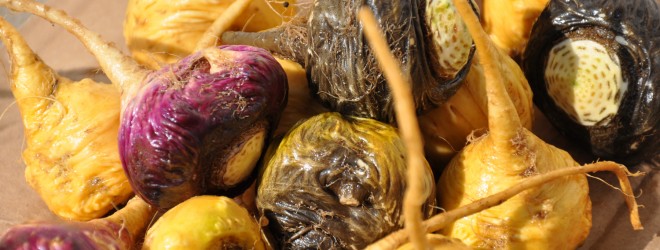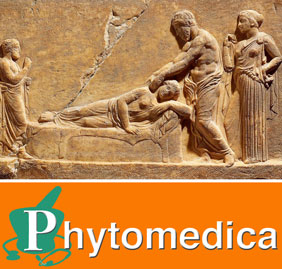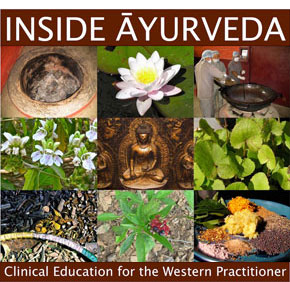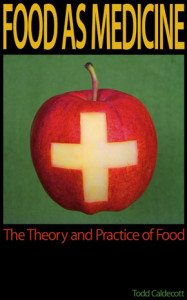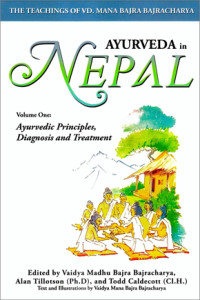Maca (Lepidium meyenii, and other Lepidium species) is a food and medicinal plant originally used by the indigenous peoples of Peru and Bolivia, who collect and consume both the leaves and the root. Although marketed as an aphrodisiac and energy enhancer, it's traditional use suggests that it was rather more important as a food, the leaves used as a fresh vegetable, and the root (hypocotyl) dried, pulverized, and used as a flour in baking. The root in particular is comprised of about 60-75% carbohydrates, and contains smaller amounts of protein (<14%) and fats (<2.2%). Given its traditional importance as a food, rather than as a medicine, claims for its medicinal efficacy should be viewed with a some skepticism - especially when consumed in small amounts as a supplement. There are many anecdotal reports of its medicinal efficacy, but much of this comes third hand from companies selling it as a supplement. A survey of the medical literature suggests a benefit on exercise … [Read more...]
Archives for 2012

Q&A: the psychology of disease
How important is dealing with pyschological/emotional issues when dealing with disease/illness and what is the most effective way to go about this? In Ayurveda it is said that all disease is psychosomatic in nature, and that all of the suffering we bring upon ourselves is the way we react to it, engaging in behaviors that bring about more suffering, rather than practicing those that alleviate it. For example, if someone is angry at us, do we respond with anger, or do we try to find a way to resolve the conflict in a peaceful manner? Or, if we injure our ankle while playing sports, do we continue playing or do we sit out the game and attend to healing? In the ancient Indian text called the Katha Upanishad, the human life is likened to a horse-drawn chariot, with the charioteer being the mind, the horses our senses, and the road our actions. If the horses go down the wrong road, is it the fault of the horses? No - it is the responsibility of the person driving the chariot, or in … [Read more...]
